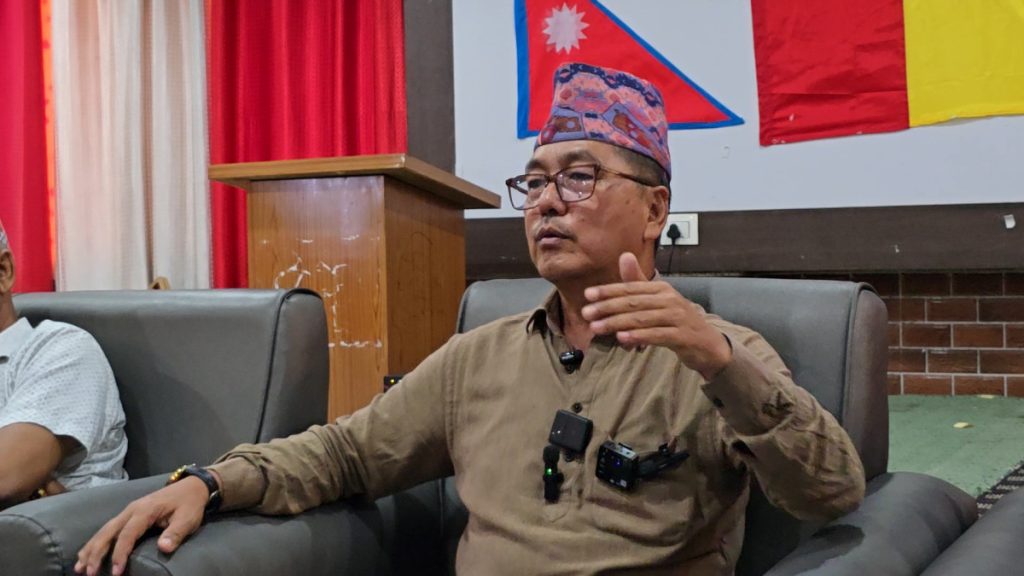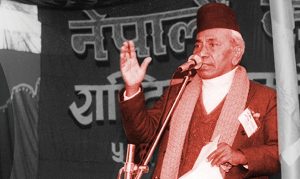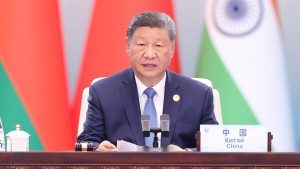A new political development in Madhes Province has drawn sharp attention after the Rastriya Prajatantra Party (RPP) joined the coalition government led by the CPN-UML. The decision has triggered internal conflict within RPP leadership, as party chair Rajendra Lingden publicly objected to the move.
Kanchan Biccha Appointed Minister and Lingden’s Objection
Under the leadership of Chief Minister Saroj Kumar Yadav, RPP’s provincial lawmaker Kanchan Biccha has been appointed as a minister in the newly formed Madhes government. Alongside her, Laxman Das from UML and Bimala Ansari from the Socialist Party have also been included in the cabinet.
The appointment came shortly after Yadav took the oath of office late Sunday night at a hotel located on the Sindhuli–Mahottari border, an unusual venue that has drawn widespread attention.
RPP Chair Rajendra Lingden expressed serious concern over the party’s involvement in the provincial government. Writing on Facebook early Monday, he said the participation was a “serious violation of party discipline.”
“Our attention has been drawn to the RPP’s participation in the Madhes Province government. This is a grave breach of party rules,” Lingden stated, directing Minister Biccha to withdraw from the cabinet immediately or face disciplinary action in line with party regulations.
Background and Political Ripples in Madhes
Earlier, all RPP federal and provincial lawmakers had collectively resigned from their positions on Bhadra 24 (September 9), expressing dissatisfaction with the prevailing political environment. The inclusion of one of those lawmakers in the Madhes government has now raised questions about consistency within the party’s leadership.
The formation of the new Madhes government followed the appointment of Saroj Kumar Yadav as Chief Minister by Province Head Sumitra Subedi Bhandari late Sunday night. Yadav has formed a coalition that includes UML, Socialist Party, and RPP representatives.
However, the participation of RPP has created a visible split between the party’s central command and its provincial representatives, highlighting the growing tension between party discipline and political ambition within provincial politics.






